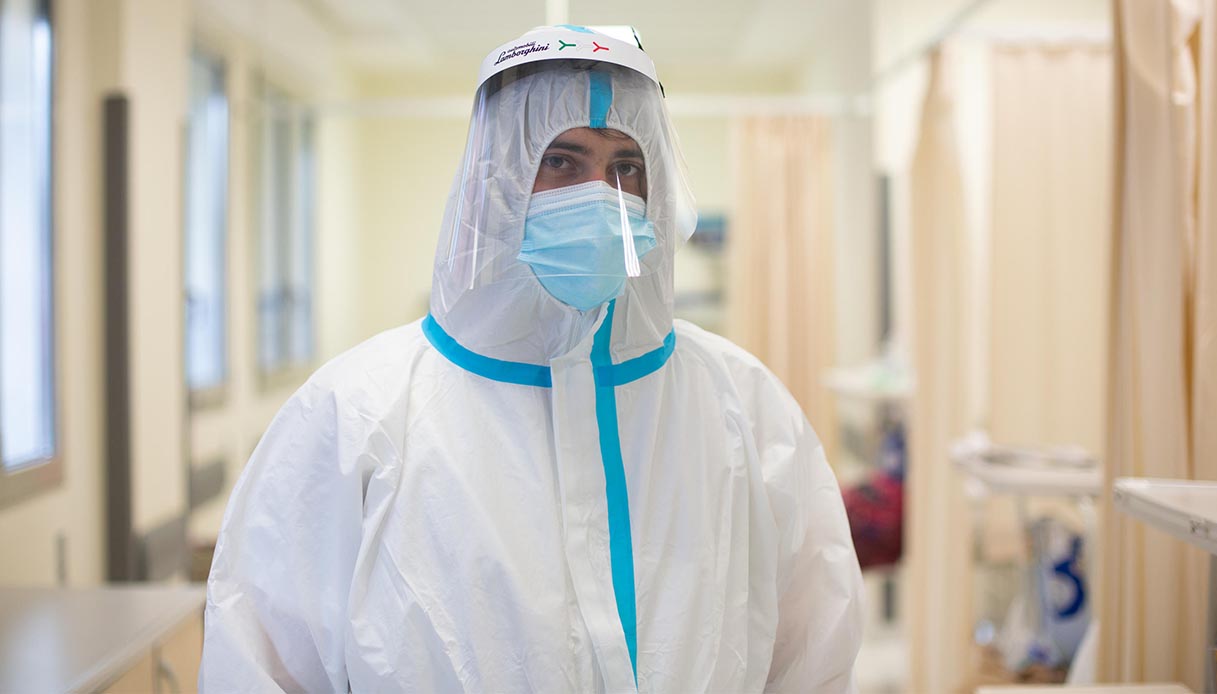WHO raises alarm over psittacosis outbreak in Europe; 5 dead reported
The World Health Organization (WHO) has issued a warning regarding the potential dangers of psittacosis, a respiratory infection caused by Chlamydophila psittaci, a bacterium that primarily affects birds and has been particularly concerning in Europe. The continent has seen a rise in cases of the illness, with 5 reported deaths already.
Psittacosis is a respiratory disease that mainly infects birds such as parrots, canaries, sparrows, and pigeons. In humans, it can be deadly, leading to serious pneumonia. Human infections occur through contact with the secretions of infected birds, primarily affecting those who work with pet birds, veterinarians, and gardeners in areas where C. psittaci is prevalent in the native bird population.
Several European countries, including Austria, Denmark, Germany, Sweden, and the Netherlands, have reported a growing trend of psittacosis cases, particularly in late 2023 and early 2024. The WHO has been monitoring the situation and considers the risk of infection to be low, but urges caution and preventive measures.
Experts emphasize the importance of timely communication and responsible actions to prevent the spread of the disease. Virologist Fabrizio Pregliasco highlighted the need for a ‘One Health‘ approach, emphasizing the interconnectedness of viruses, bacteria, animals, and humans. He also emphasized the lessons learned from the COVID-19 pandemic in terms of communication, attention, and responsibility.
In Italy, psittacosis is sporadically recorded, especially in wild birds. Massimo Andreoni, the scientific director of the Italian Society of Infectious and Tropical Diseases, urged people to be cautious and observant, especially those who have pet birds at home. He advised against touching sick birds and emphasized the importance of taking preventive measures to avoid transmission of the disease.
The WHO’s alert serves as a reminder of the potential risks associated with psittacosis and the importance of taking proactive measures to prevent its spread. It highlights the need for ongoing vigilance and communication to address new infectious threats.
